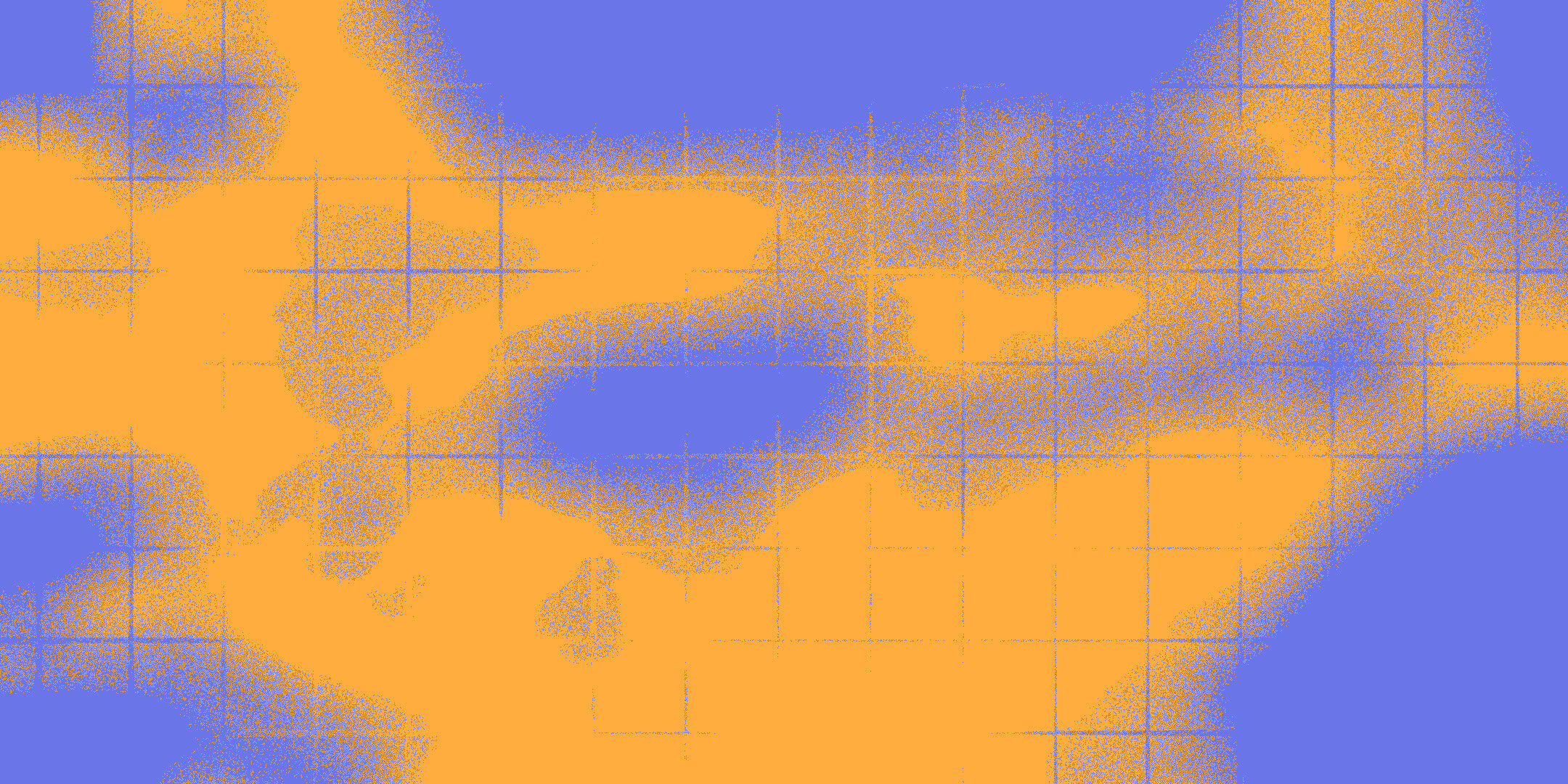FEATURED: Reactionary Digital Politics Podcast, Episodes One and Two
What has the internet done to politics? How did platforms that were supposed to bring us together become megaphones for polarising propaganda and xenophobic hatespeech? And what happens next? These are the questions that our podcast Reactionary Digital Politics sets out to answer, with help from a guest list of historians, technologists, artists and researchers. Over my next few posts I want to give a sense of what each episode covers.
Episode one, ‘How Did We Get Here?’, serves as an overview, introducing issues we explore in more depth over the course of the series. It also winds the clock back, arguing that to understand how the internet has changed politics, we need to look at longer-term developments. Here that means discussing everything from histories of European fascism to the influence of 1980s radio shock jocks on today’s vloggers and podcasters. Through conversation with our interviewees, we learn that some of the very earliest adopters of the world wide web were conspiracy theorists and white supremacists. We also recap key cultural flashpoints from the last decade or so. Why did imageboards like 4chan switch from pumping out zany cat memes to spewing racist bile? And how did the ‘GamerGate’ movement’s attacks on feminists, progressives and ‘social justice warriors’ in gaming culture lay the groundwork for Trump era? Listen in and find out…
Episode Two asks ‘How Do We Think About Politics?’ Does the idea of a spectrum from ‘left wing’ to ‘right wing’ still make sense? Is it an exaggeration to call Donald Trump a fascist? Why have people lost faith in traditional political parties? These are just some of the issues we discuss with our guests. Over the course of our conversations it becomes clear that the internet has radically changed how people encounter and evaluate political ideas. For better or worse, concepts that were once on the extreme fringes of politics have found their way into the mainstream, becoming everyday items on the ideological buffet served up by our social media feeds. While this has shone a spotlight on progressive ideas, it's also spawned a host of new reactionary groups and movements – from the alt-right to the alt-light, Groypers to Proud Boys, the intellectual dark web to the manosphere…


